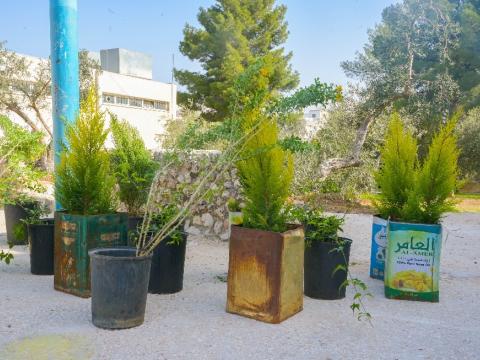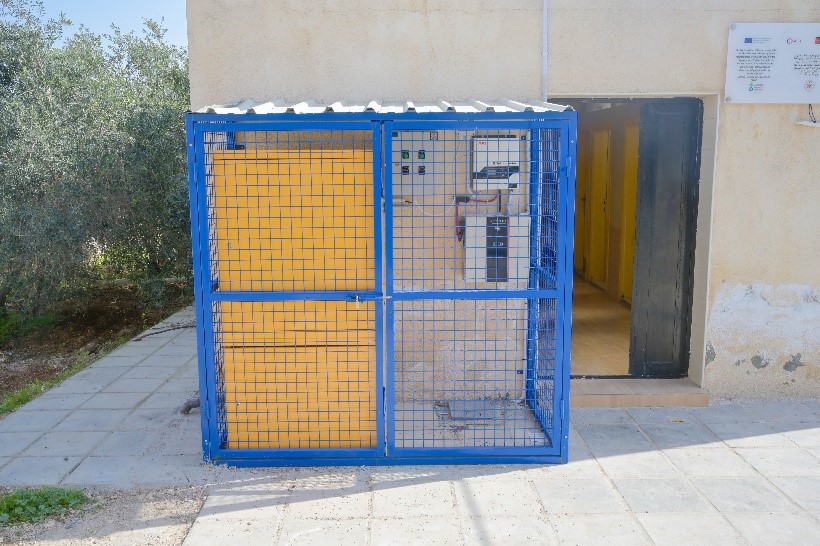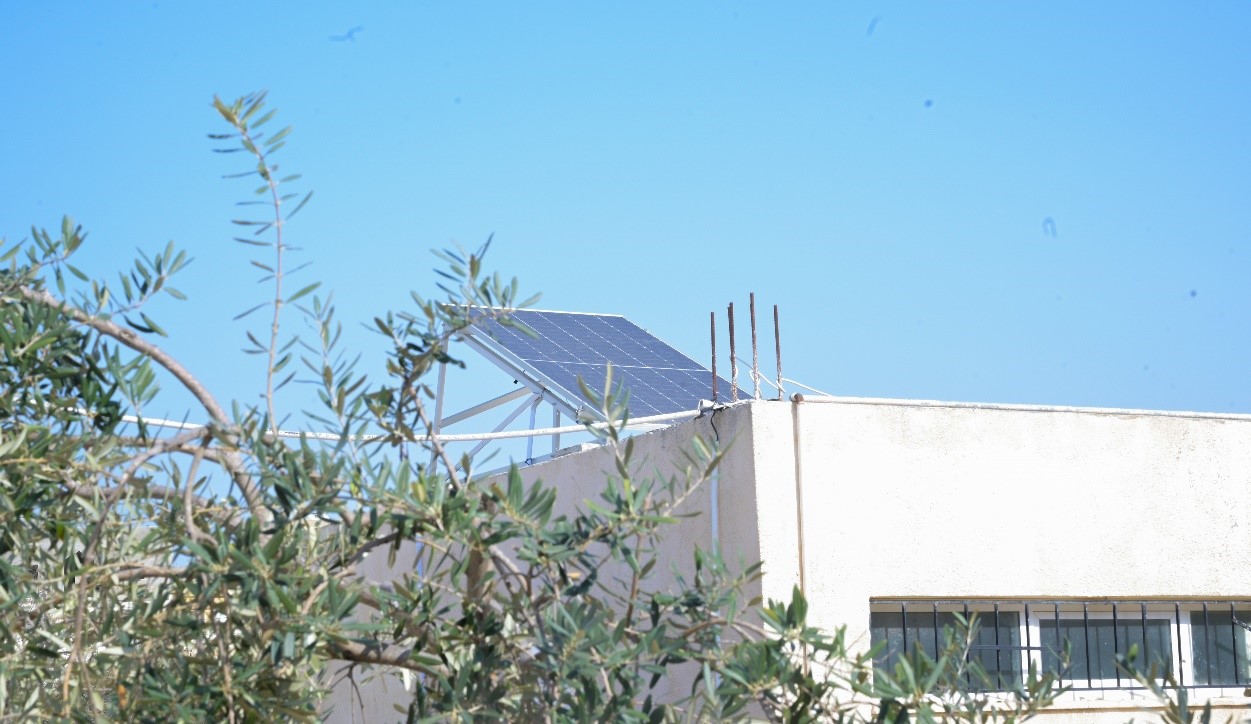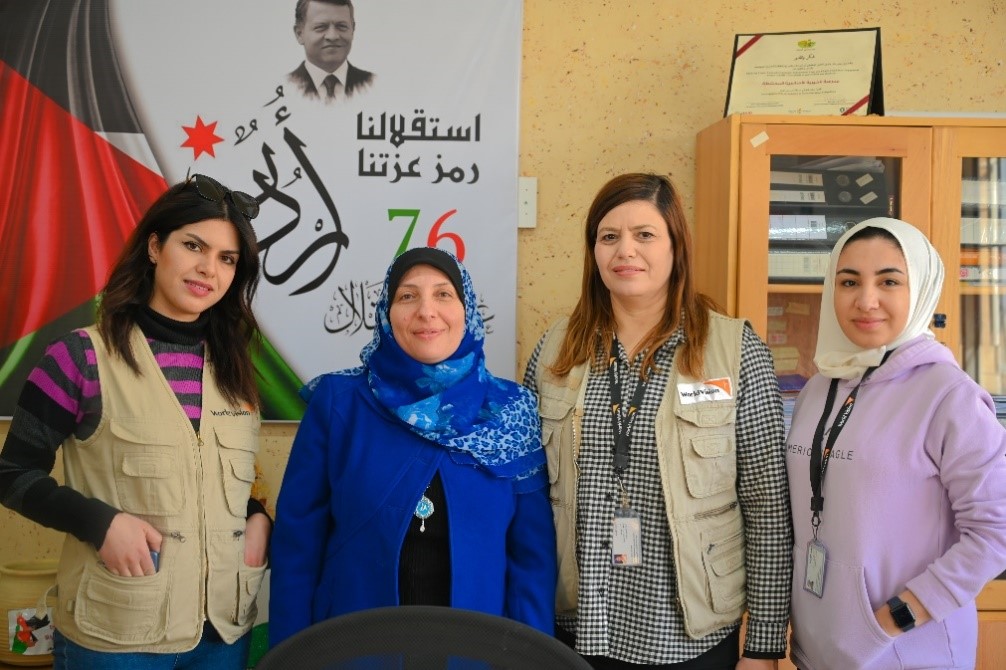Promoting innovative minds to tackle water-scarcity

Jordan is increasingly suffering from water scarcity due to many factors, creating a serious environmental challenge. Climate change is one of the main issues leading to water scarcity due to higher temperatures and lower annual rainfall.
This puts the country at serious risk of water shortages and inability to meet people's daily water consumption needs [500 m3 per person annually].
The huge flow of Syrian refugees has aggravated the situation, addինգ another strain on an already stressed water supply system. To tackle this, World Vision Syria Response, with funds from World Vision Korea, has implemented a project in Central and Northern Jordan, “Schools for Green future”. This project aims to reduce pressure on fresh water resources available only in a particular season through treating the excess water from washing sinks, laboratories, kitchens and other sources while making it available for second time use for irrigation and cleaning.

So far, World Vision has reached seven public schools that are located in vulnerable areas, these schools host Syrian refugees as well. Six thousand teachers and students are benefiting from this environmentally friendly system. Successful project implementation also anticipates behavioural and mindset change. Primary school students can learn how to be innovative in using recycled water efficiently and pass this knowledge on to their parents to positively change their community in the future. Therefore, a planting campaign took place at schools to encourage students.

Students participated in gardening, working together to plant a tree. This encourages them to collaborate and work as a team, they also learn how to plant and how to take care of their trees. Through the planting campaign students have the chance to decorate their gardens and make schools look beautiful, a place where they spend most of their day. “This is an amazing activity. we learnt how to plant and we will always do our best to protect our garden and water our trees,” one of the students shares her thoughts.

Wastewater systems are installed in the seven schools, close to the green yards so that the water can reach the plants. The system includes a small scale solar system, submersible pump, treatment tanks and drip irrigation system. To mitigate any negative effects on the environment and to keep the electricity costs of the school low, the system will be powered by solar energy. In addition to that, water saving devices are installed in the schools' kitchen taps and handwashing facilities to reduce the amount of wasted water by up to 30%.


Awareness raising sessions should be conducted prior to implementing any project, particularly at schools in order to introduce students to the system and guide them to use it and benefit from it. Therefore, students between 9-12 years’ old attended awareness sessions to learn about climate change and its impacts on water scarcity. The sessions also included information about water-borne diseases and how to contribute to resolving climate change issues through the new systems installed in their schools.
2-3 awareness sessions were held in each school during September, October and November 2022. At the end of the sessions each student received a hygiene kit [tooth brush, tooth paste & soap] so they maintain their personal hygiene habits. Students were aware of everything during the planting campaign and this made the activity easier and effective as they employed what they learnt in theoretical sessions.

“Through the implementation of this project we ensure to reuse water for agricultural uses where we can invest the excess amount of water. This aims to reduce the stress of fresh water resources, increase the green space and decrease the negative impact of climate change”. The project manager shares her thoughts.
